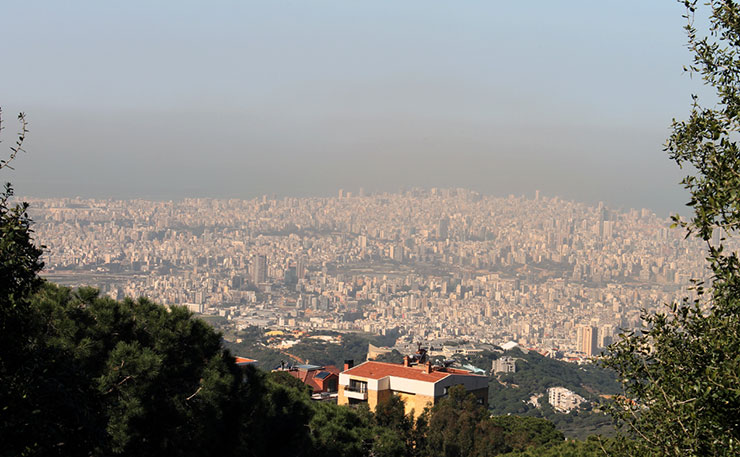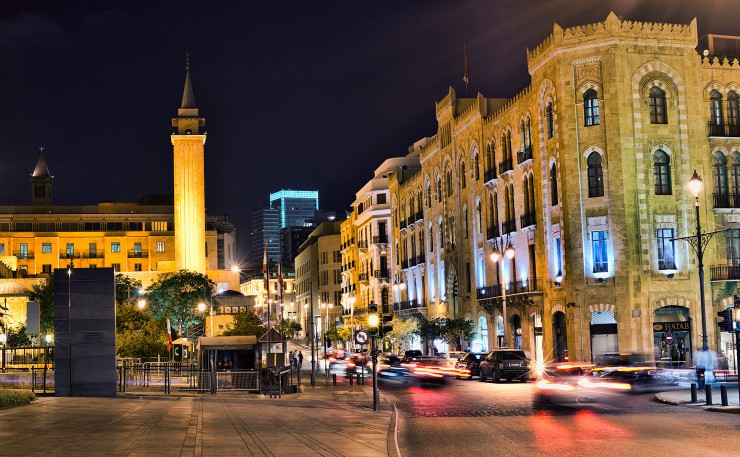The Syrian civil war and its connected cosmologies have so far displaced 12 million Syrians and 4 million Iraqis. Around 4 million of these are currently in Lebanon, Jordan and Turkey. In these countries a new underclass of citizens is being created that are both traumatised and inherently militarised because of the violence they have fled.
The security issues that Lebanon, Jordan and Turkey have been mandated through geo-political fate are now knocking on doors closer to home. While the attacks in Beirut and Paris are fresh in our minds we must revise our policies towards these people and consider how best to address the longer term implications of the Syrian bloodbath.
I believe the roots of the Islamic State can be traced well beyond the 2003 invasion of Iraq to the war in Afghanistan in the 80’s. The eight-year Cold War proxy conflict played a large role in the disintegration of one superpower in 1989. It also saw the US train and equip the Afghan mujahideen that in turn spawned the rise of al-Qaeda, the subsequent attacks of September 11 and the 2003 invasion of Iraq.
This history matters because it is directly connected to current events physically and through memories, and those, particularly in the Middle East, tend to be long. Unfortunately, increasingly polarised and short electoral and media cycles do nothing to help policymakers make the difficult long-term decisions that are needed to future-proof our security.
Prior to the US’ launch of the ‘War on Terror’, al-Qaeda were a small group of possibly 170 core members. A defector from ISIS recently claimed in an interview that in September 2014, the Islamic State was welcoming 3000 new recruits a day into its self-declared caliphate.
Over 35 years of increasingly misguided policy about how to combat a tiny fraction of a global population of billions of Muslims has led to violence, repression, ostracisation and despair for millions more. Policies need to be developed now with this history in mind and they need to start with the 16 million people displaced by the Syrian conflict.
In June, I was in Lebanon researching the nexus between state security and the influx of refugees from Syria. What I found was that it is impossible to walk the streets of Beirut, particularly Hamra and Downtown, without Syrian mothers carrying babies begging you for help.
When asking a Lebanese friend how to catch the bus to Baalbek I was told that, “I would be sitting next to Syrians”, somehow managing to dehumanise an entire population in a sentence. A contact that works for a prominent NGO told me the organisation pays to have a boat moored permanently off the coast in order to evacuate their staff within 12 hours should it be necessary.

It’s clear that the sheer size of the human tragedy forced into Lebanon means that the refugee population has already become a destabilising force for Lebanon’s own fragile security.
The flood of people from Syria has further entrenched socio-economic disparity and exacerbated sectarian tensions whether through the mixed feelings regarding Shi’a Hezbollah’s involvement in the Syrian conflict or in the current Sunni political and religious disarray.
The situation in Jordan and Turkey is little different.
Part of crafting policy towards people displaced as a result of the Syrian conflict is certainly resettling many of them in other more stable third countries such as Australia or EU members, but this is just one strategy in what will necessarily be a multi-layered response.
We also need to support the integration of displaced people into all societies through promoting social harmony and economic progress across the board. Discussion and policies that promote a renewal in democratic systems in the Middle East and at home must also be canvassed and implemented.
The challenges that the world faces today are global in scale and complexity. This is unsurprising. Great strategists from Marcus Aurelius to Martin Luther King Jnr have been lecturing us for centuries of our interconnectedness and it’s perhaps more true now than ever before.
Unfortunately, developing a global, multi-faceted policy to assist 16 million people is no easy feat but without it, we risk creating a lost generation of uneducated, marginalised and disenchanted Syrians and Iraqis that will have a powerful destabilising effect on their immediate region.
Furthermore, we risk the consequences of the Syrian crisis reaching well beyond those geographical borders and traversing many more generations to come.
We must learn from history, particularly when it concerns the Middle East, and see that its arc is long and make plans for it today.
Donate To New Matilda
New Matilda is a small, independent media outlet. We survive through reader contributions, and never losing a lawsuit. If you got something from this article, giving something back helps us to continue speaking truth to power. Every little bit counts.





